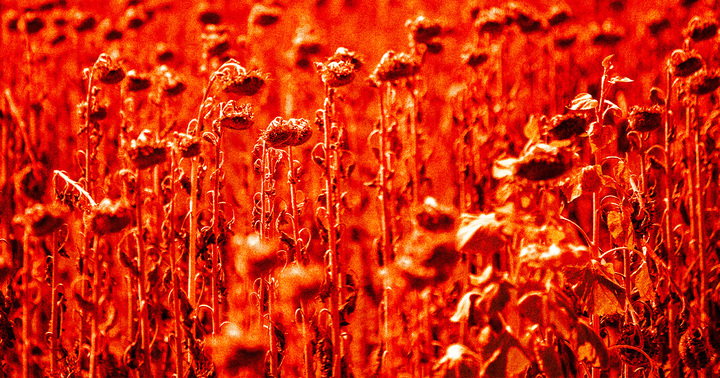
Beat by Heat
American cities are ill-suited for the heat. The asphalt and concrete that dominate our infrastructure mercilessly intensify it, driving outdoor temperatures in urban areas by up to an additional 20 degrees Fahrenheit on a hot afternoon. We can often ignore the fact that we’ve trapped ourselves in metropolis-scaled frying pans, however, thanks to air conditioning in our cars and homes.
But the uptick in extreme weather attributed to climate change, plain old heat included, has continually put many cities’ energy grids under threat. So what happens when all those AC units suddenly lose power?
If a blackout hits during a blistering heat wave: an absolute catastrophe, according to experts in an op-ed piece for The New York Times written by , author of “The Heat Will Kill You First.” In one extreme scenario befalling an American city, over ten thousand people could die as the result of a single heat wave, sending hundreds of thousands more to the hospital.
Goodell said that Mikhail Chester, director of the Metis Center for Infrastructure and Sustainable Engineering at Arizona State University, once likened such a scenario as “the Hurricane Katrina of extreme heat” — underscoring the vulnerability of American infrastructure to soaring temperatures.
Widespread Wipeout
Those staggering figures come from a study published last year in the journal Environmental Science & Technology, which explored what would happen if a major, two-day blackout took place during a heat wave in Phoenix, Detroit, and Atlanta.
Some 99 percent of buildings in Phoenix have AC, according to the study, which makes its power grid most likely to fail. Atlanta is just behind at 94 percent, and Detroit, the coolest city, ranked at 53 percent.
In Phoenix — which last year went an entire month with temperatures of 110 degrees Fahrenheit or higher — the death toll could be monumental. The study found that a whopping 800,000 people — half the Arizona capital’s population — would need emergency medical care, and more than 13,000 would die.
These figures were considerably lower for Atlanta and Detroit, which are cooler cities, but no less worrying: six people would die in Atlanta, the study estimated, and 221 in Detroit.
According to the researchers, the number of major blackouts in the US more than doubled between 2015-16 and 2020-21 — though not all were due to the climate.
“It doesn’t really matter if the blackout is the result of a cyberattack or a hurricane,” study lead author Brian Stone, director of the Urban Climate Lab at Georgia Tech, told the NYT. “For the purposes of our research, the effect is the same.”
Either way, hot temperatures do cause power grids to fail, and so we’ll have some serious infrastructural overhauls to do — and perhaps changes in our power consumption habits — to ensure that cities can withstand the heat.
More on climate change: Mexico Getting So Hot That Monkeys Are Falling Dead From Trees